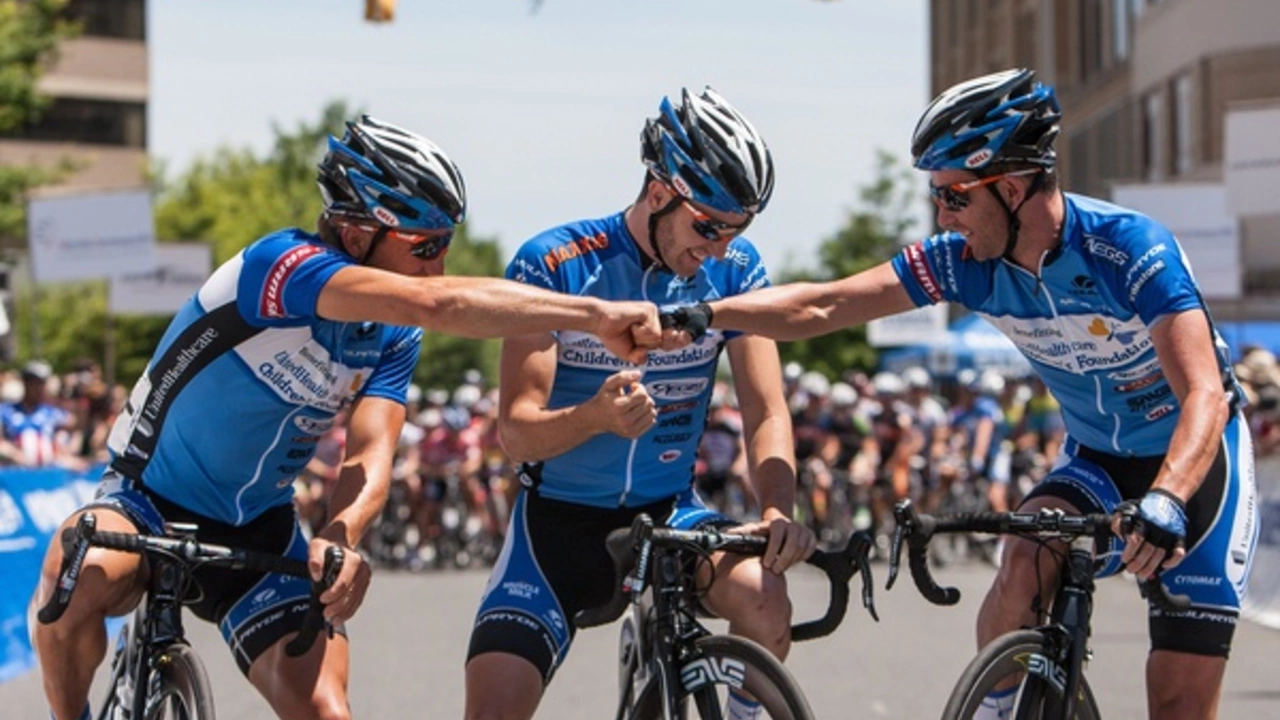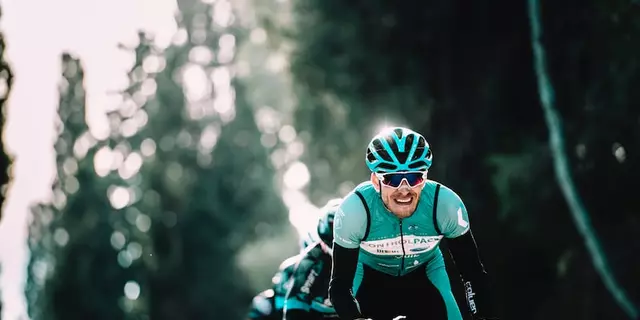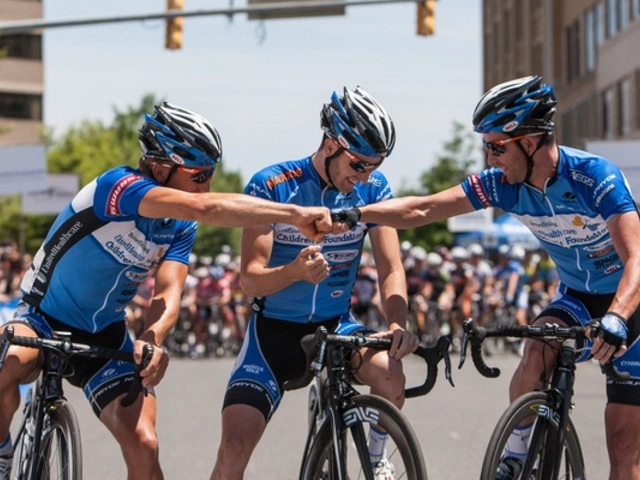Why is cycling a team sport?

The Essence of Teamwork in Cycling
In many people's minds, cycling is often considered a solo sport. However, in reality, it's far from it. Although the perception of a lone cyclist battling against the elements is a romantic one, the truth is that cycling, especially at professional levels, is a deeply collaborative sport. It's an activity where every team member plays a crucial role in leading a team to victory. The dynamics of teamwork in cycling are intriguing and provide a fascinating insight into how individuals can come together to work towards a common goal.
Understanding the Roles within a Cycling Team
Every cyclist in a team has a specific role. There are leaders, domestiques, sprinters, climbers, and time trialists. Each of these roles is crucial in different stages of a race. The leader is the one who is expected to win, while domestiques are there to support the leader. They protect the leader from the wind, fetch water and food, and even give up their bikes if the leader has a mechanical problem. Sprinters specialize in flat stages, climbers in mountain stages, and time trialists in individual time trials.
The Strategy behind Team Cycling
Teamwork in cycling is all about strategy. Teams have to decide who will be the leader based on the route and the strengths of their riders. They also have to decide when to attack, when to chase, and when to let a breakaway go. These decisions are often made in real-time during the race and require excellent communication and trust between team members.
Importance of Communication in Team Cycling
Communication is crucial in team cycling. Riders need to keep each other informed about how they're feeling, what they're seeing on the road, and any potential threats from other teams. They also have to listen to instructions from their team car and make split-second decisions based on this information. Good communication can be the difference between winning and losing a race.
Physical Demands and Shared Responsibilities
Cycling is a physically demanding sport. Cyclists need to be in peak physical condition to compete at the highest level. However, by working together as a team, they can share the workload and help each other to conserve energy. This is where the concept of drafting comes in: riders take turns at the front to shield their teammates from the wind, helping them to save energy for crucial moments in the race.
The Role of Teamwork in Overcoming Challenges
Just like in any other sport, cycling teams face numerous challenges, from adverse weather conditions to mechanical problems. When such issues arise, the team has to work together to overcome them. Whether it's sharing clothing to stay warm, giving a teammate a wheel after a puncture, or simply providing moral support, the strength of a team is often tested in the face of adversity.
Training Together as a Team
Teamwork in cycling isn't just about what happens during the race. It also involves training together, building camaraderie, understanding each other's strengths and weaknesses, and learning how to work together as a cohesive unit. Training camps are a vital part of this process, where teams spend time riding together, practicing techniques, and building team spirit.
Psychological Aspects of Team Cycling
There is a significant psychological component to team cycling. Riders need to trust each other implicitly, have confidence in their team's strategy, and be willing to sacrifice their individual goals for the good of the team. This requires a high level of mental toughness and resilience, as well as a strong team culture.
How Team Cycling Reflects Business and Life
There are many parallels between team cycling and business or life in general. Just like in a cycling team, businesses need clear roles, good communication, a well-thought-out strategy, and the ability to overcome challenges. Similarly, in life, we often achieve more when we work together towards a common goal, rather than striving for individual success.
Concluding Thoughts on Cycling as a Team Sport
In conclusion, cycling is much more than just a physical challenge; it's a team sport that requires strategy, communication, shared responsibility, and psychological strength. It's a sport where individual achievements are often the result of team efforts. So, the next time you watch a cycling race, remember to appreciate not just the winner, but the entire team that helped them get there.


